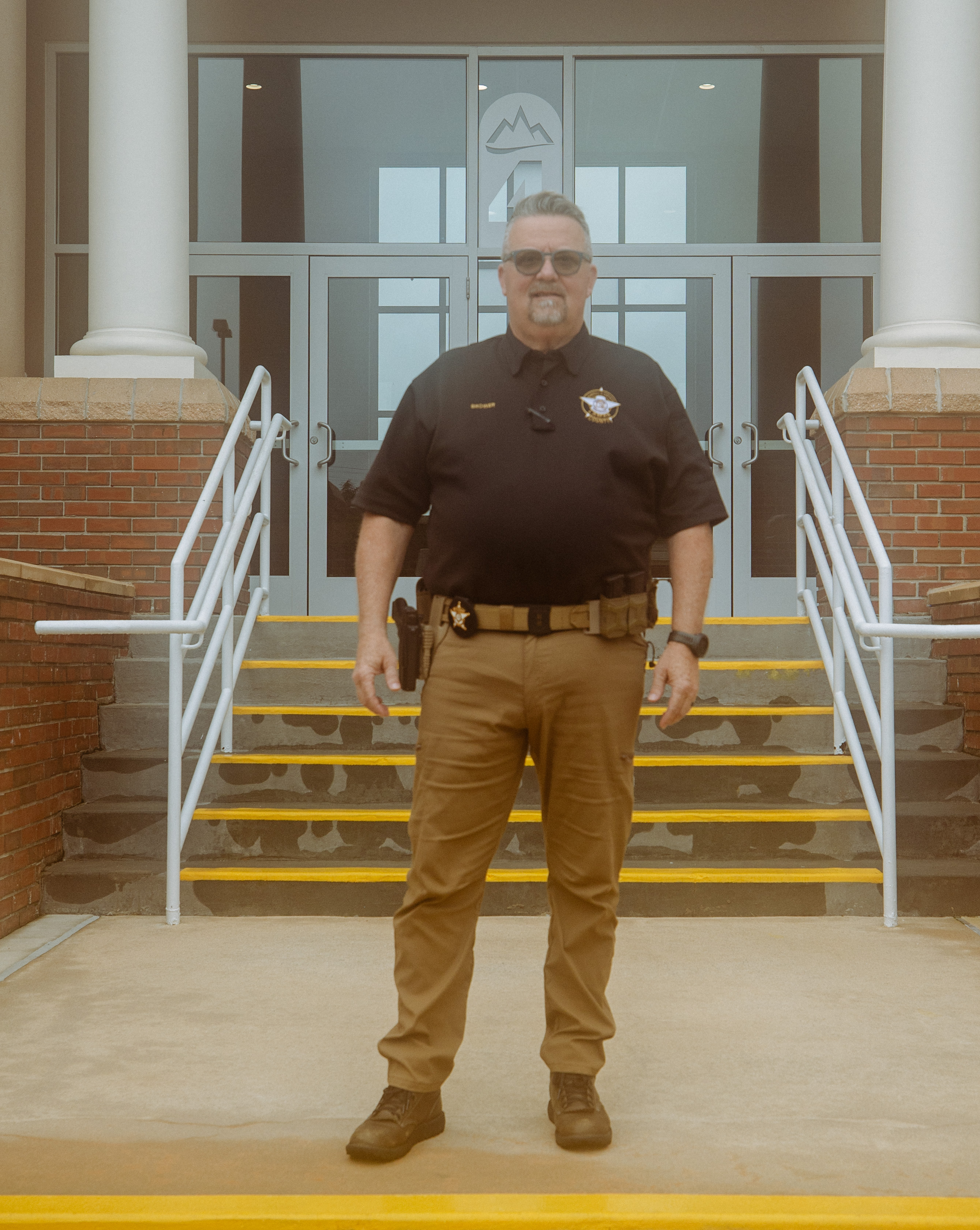Health & Safety
At RSCA, the health, safety, and well-being of our students is a top priority. Below you’ll find important guidelines and procedures to help us maintain a secure and healthy environment for everyone on campus.
CAMPUS SAFETY
At RSCA, the safety of our students, staff, and visitors is a top priority. We strive to create a secure and supportive campus environment through well-defined procedures, attentive supervision, and a proactive approach to school safety.
We are grateful to have Mr. Ed Brower serving as our Head of Security and School Resource Officer (SRO). His presence on campus helps ensure a safe, welcoming atmosphere for our school community.

If you have any safety concerns, please contact our School Resource Officer at sro@rsca.info
STUDENT PARKING
Students who drive to campus must have a Student Parking Permit on file.
- Complete this form and return it to Mrs. Farrar in the High School Office
- Only permitted students may park on school property
MEET OUR SCHOOL NURSE
We’re excited to welcome Lauren McDaniel, RN as RSCA’s full-time school nurse!
ILLNESS GUIDELINES
To help prevent the spread of illness:
Students with a fever of 100.3°F or higher, vomiting, or diarrhea will be sent home.
Students may not return to school until they have been symptom-free for 24 hours without fever-reducing medication.
- For bacterial infections (e.g., strep throat, pink eye, MRSA):
- Student must be on antibiotics for 24 hours
- Must be fever-free for 24 hours
- A school note is required for return
IMMUNIZATIONS
Georgia law requires the school to have a valid certificate of immunization on file for each student. Typically, immunizations (and updates to the immunization certificate) are required for ages K4, K5, and grades 7 and 11.
Medications at School
Whenever possible, medications should be administered at home. If medication must be given during school hours, the following guidelines apply:
